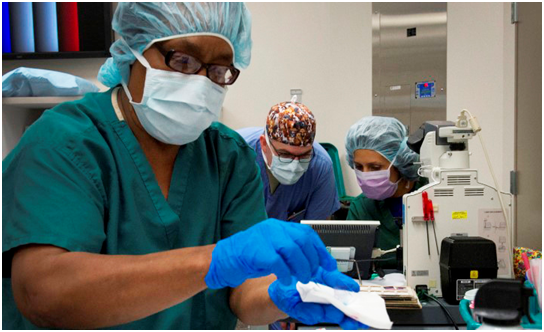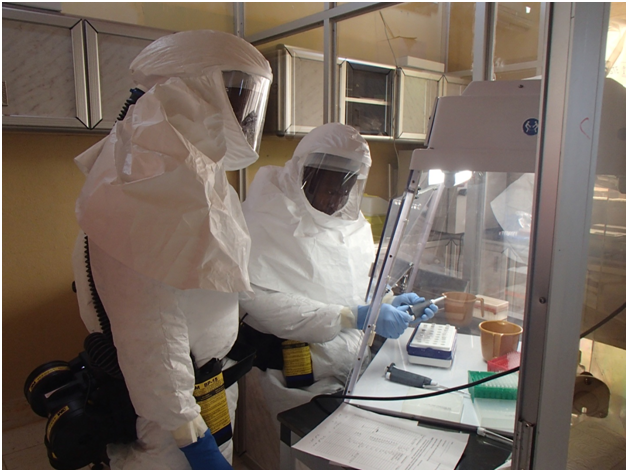The pros and cons of adaptive clinical trials
Adaptive clinical trials are different from traditional clinical trials. Here are some of the pros and cons of using adaptive clinical trials as a way to find potential new, effective and safe medicines and treatments.
Image Credit
More flexible
Adaptive clinical trials are more flexible in their approach compared to traditional clinical trials. The trials can be modified during the course of the studies based on any early results shown. According to the Royal Pharmaceutical Society, the use of an adaptive design for clinical trials has the potential to bring new and safer medicines to market sooner. It can also provide earlier therapeutic benefits to more patients whilst reducing exposure to less-effective medicines.
More cost-effective
Clinical trials are extremely expensive, so using an adaptive clinical trial that can provide faster and more effective results can help to keep those all-important costs down for pharmaceutical companies.
Fewer participants required
Adaptive phase 1 clinical studies, such as those offered by http://www.richmondpharmacology.com, can be more effective than traditional trials as the contribution of each trial participant is maximised. This means that fewer participants may be needed and can further help to reduce the costs of the trial. There are also benefits to the participant because drug doses can be modified or stopped depending on how safe or effective they are proving to be. Adaptive trials are especially beneficial for early clinical development. Overall, fewer errors are reported with adaptive clinical trials, such as not correctly estimating the optimal dose.
More complex
While the flexibility of adaptive clinical trials can be a virtue, it can also have its drawbacks. Making changes during a trial makes it more difficult to analyse the results and may introduce an element of bias if the trial is adapted to only focus on positive outcomes.
Increased co-ordination
With more variables to consider from the modification process, an adaptive clinical trial demands more coordination compared to a traditional clinical trial. This also means that a greater level of communication will be required between everyone involved in the process, including clinicians, statisticians and trial managers.
Longer design phase
Although adaptive clinical trials can bring effective outcomes quicker than traditional trials, the design phase can become longer in some cases, often involving numerical simulations. Other aspects that may prove challenging could include a lack of experience and know-how among trial stakeholders.


















